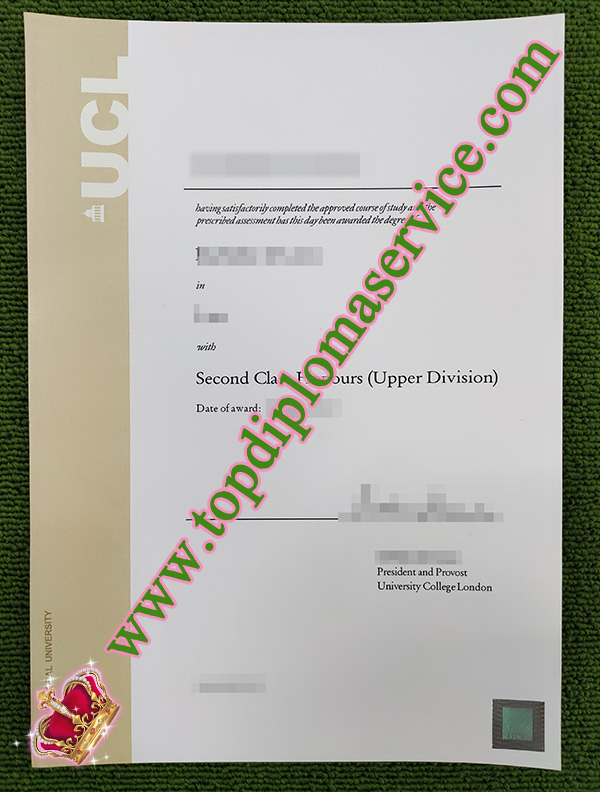
Phony University College London degree, Novelty University College London degree, fake UCL diploma, buy University College London diploma, order fake UCL degree and transcript. University College London, or UCL, is a public institution that was founded in 1826. It was the third university established in England, following the University of Oxford and the University of Cambridge. UCL is based in central London, though it also has branch campuses in Qatar and Australia. Additionally, UCL has exchange and research agreements as well as other types of partnerships with universities around the world, such as the University of Montreal in Canada and Zhejiang University in China. UCL students hail from around 150 countries, and tuition costs are higher for students from outside the U.K. and European Union. University housing is guaranteed for first-year undergraduates. The UCL academic calendar has three terms, and the language of instruction is English.
Fake University College London degree with hologram. UCL has 11 academic divisions: arts and humanities; brain sciences; engineering; education; laws; life sciences; mathematical and physical sciences; medical sciences; population health sciences; social and historical sciences; and the Bartlett, a division focused on architecture and planning. The university is affiliated with several hospitals and medical centers, such as the University College Hospital and the Royal National Throat, Nose and Ear Hospital. Research takes place across the academic disciplines at UCL, but the main multidisciplinary research domains are neuroscience, personalized medicine, populations and lifelong health, the environment and eResearch. The university has been associated with research accomplishments throughout its history. One example is that a UCL professor won the Nobel Prize in chemistry in 1904 for his discovery of noble gases, including neon gas.


